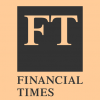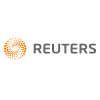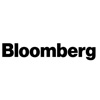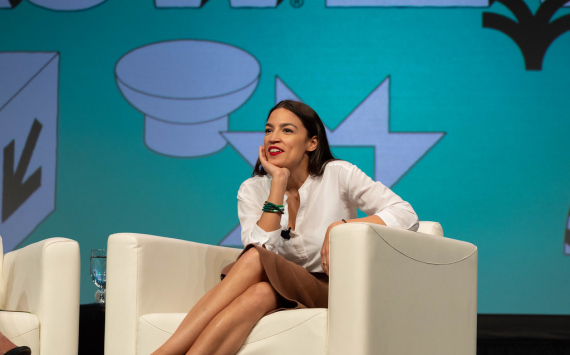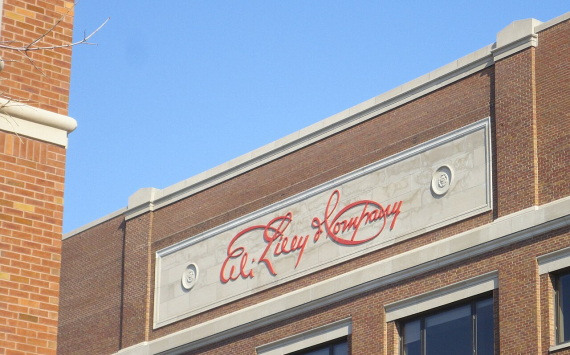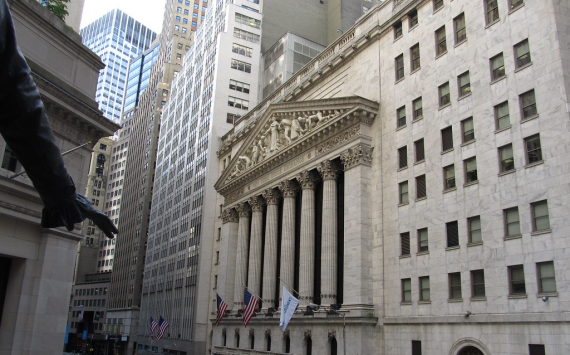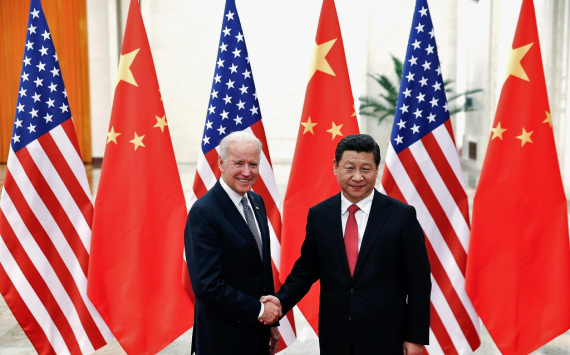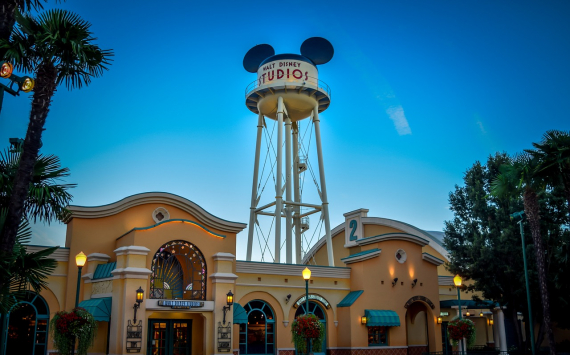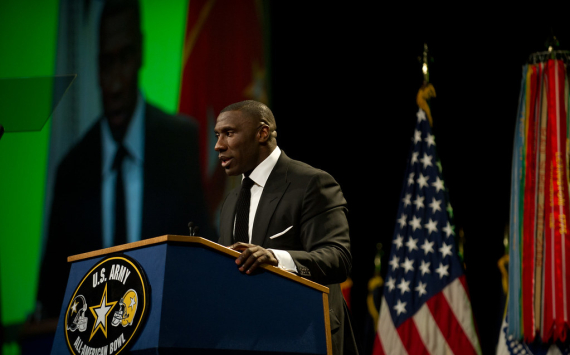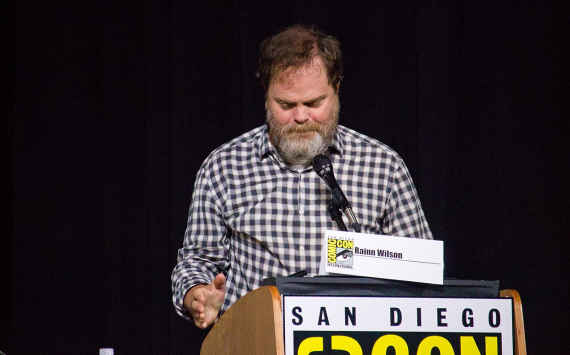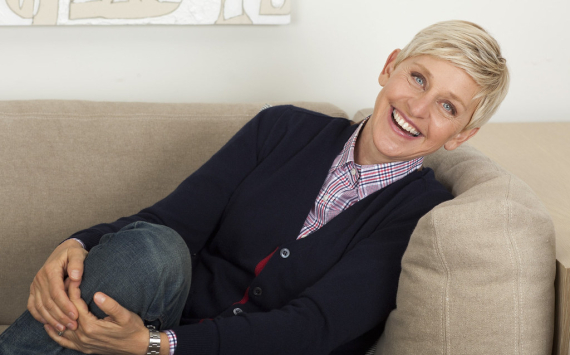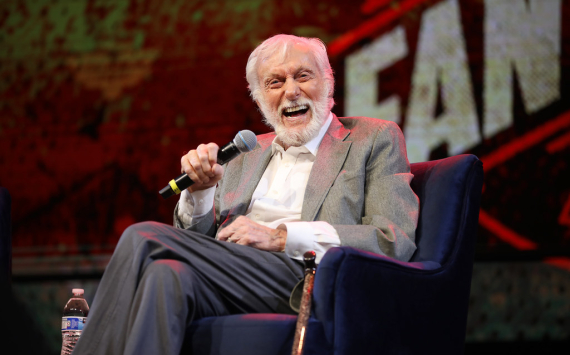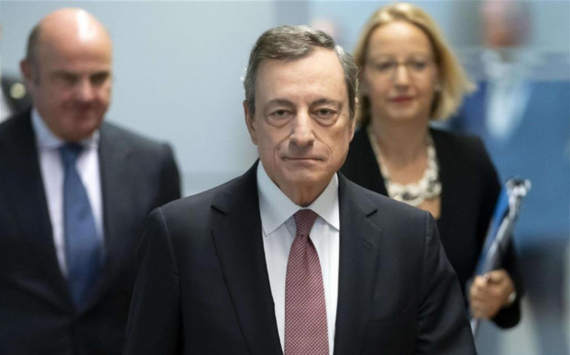
Vaccine supply blocked
The shipment in question is 250,000 doses. The Foreign Ministry believes that it is too large compared to the number of doses supplied to other EU countries. Italy became the first country to block exports of vaccines outside the bloc.
The Italian authorities have blocked the export to Australia of a large batch of a coronavirus vaccine developed by the British-Swedish pharmaceutical company AstraZeneca in collaboration with Oxford University. This is reported by the Financial Times, Reuters and Bloomberg.
It is about a 250,000-dose batch produced at AstraZeneca's plant in Italy. Rome notified the European Union of its decision last week as part of a drug export control mechanism and the European Commission supported it.
The Italian Foreign Ministry said it was taking the step because of a continued shortage of the drugs in Europe and delays in AstraZeneca deliveries. According to the head of the ministry, Australia is in an "invulnerable" position compared to EU countries. The FCO says the batch of vaccine intended for export is too large compared to the number of doses supplied to Italy and other EU countries.
Italy is the first country to block the export of vaccines outside the EU, Bloomberg notes. At the same time, an EU official told CNN that Brussels approved 174 requests for shipments of the drug between January 30 and March 1. These are exports to Argentina, Bahrain, Canada, Chile, China, Mexico, South Korea, South Africa, the US and other countries.
The European Commission introduced a mechanism in late January that allows Brussels to block vaccine exports if drug makers fail to meet order obligations within the bloc. Last week, Italian Prime Minister Mario Draghi called for a tougher approach to companies that fail to comply with their EU delivery commitments.
Reuters reported in late February that AstraZeneca could deliver fewer than 90m doses of the vaccine to the European Union in 2Q 2021, while it was contracted to deliver 180m doses to the community. AstraZeneca said it was working hard to improve supply chain performance to European countries. In late January, AstraZeneca chief executive Pascal Soriot said the company was two months behind schedule.



